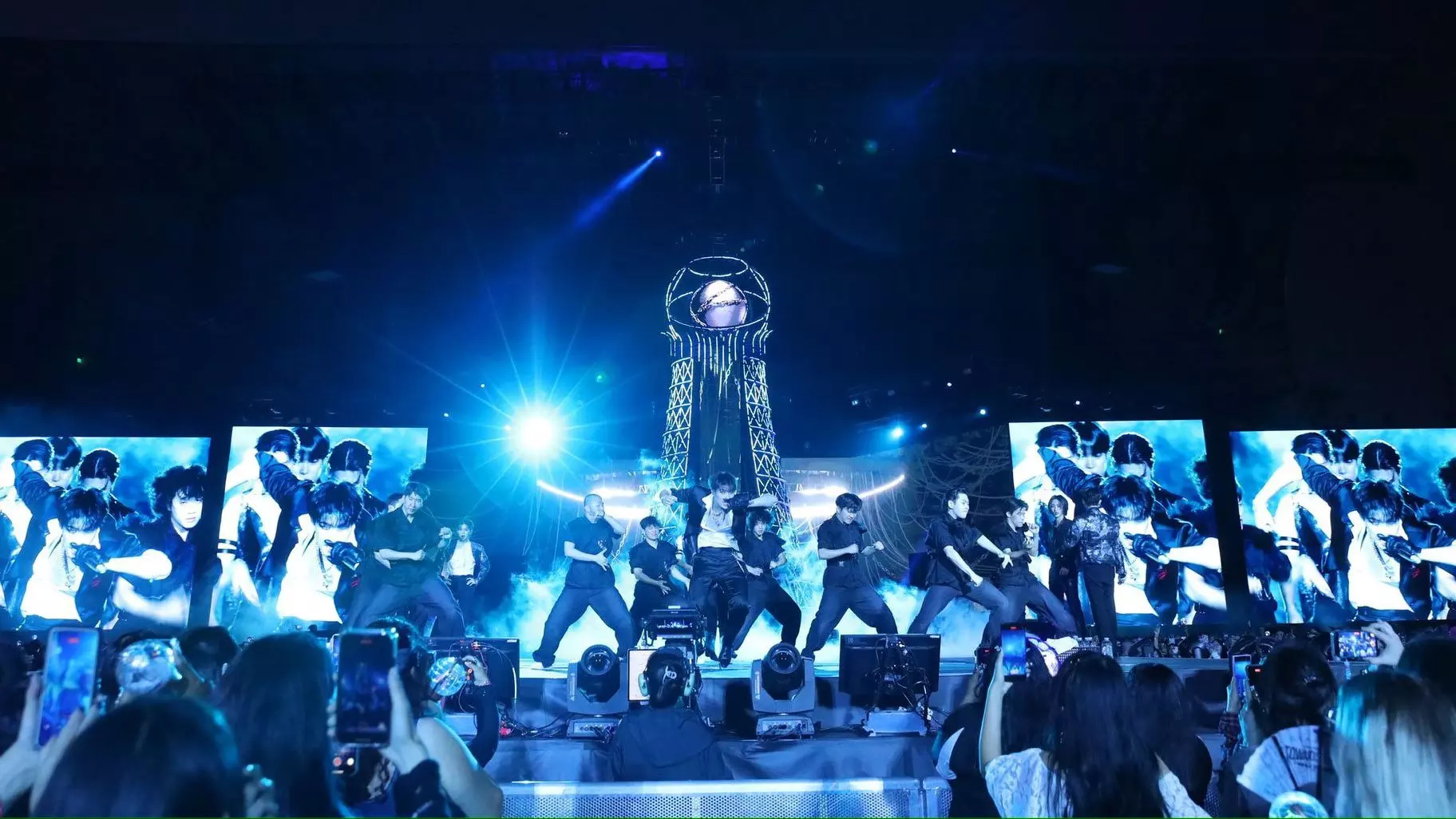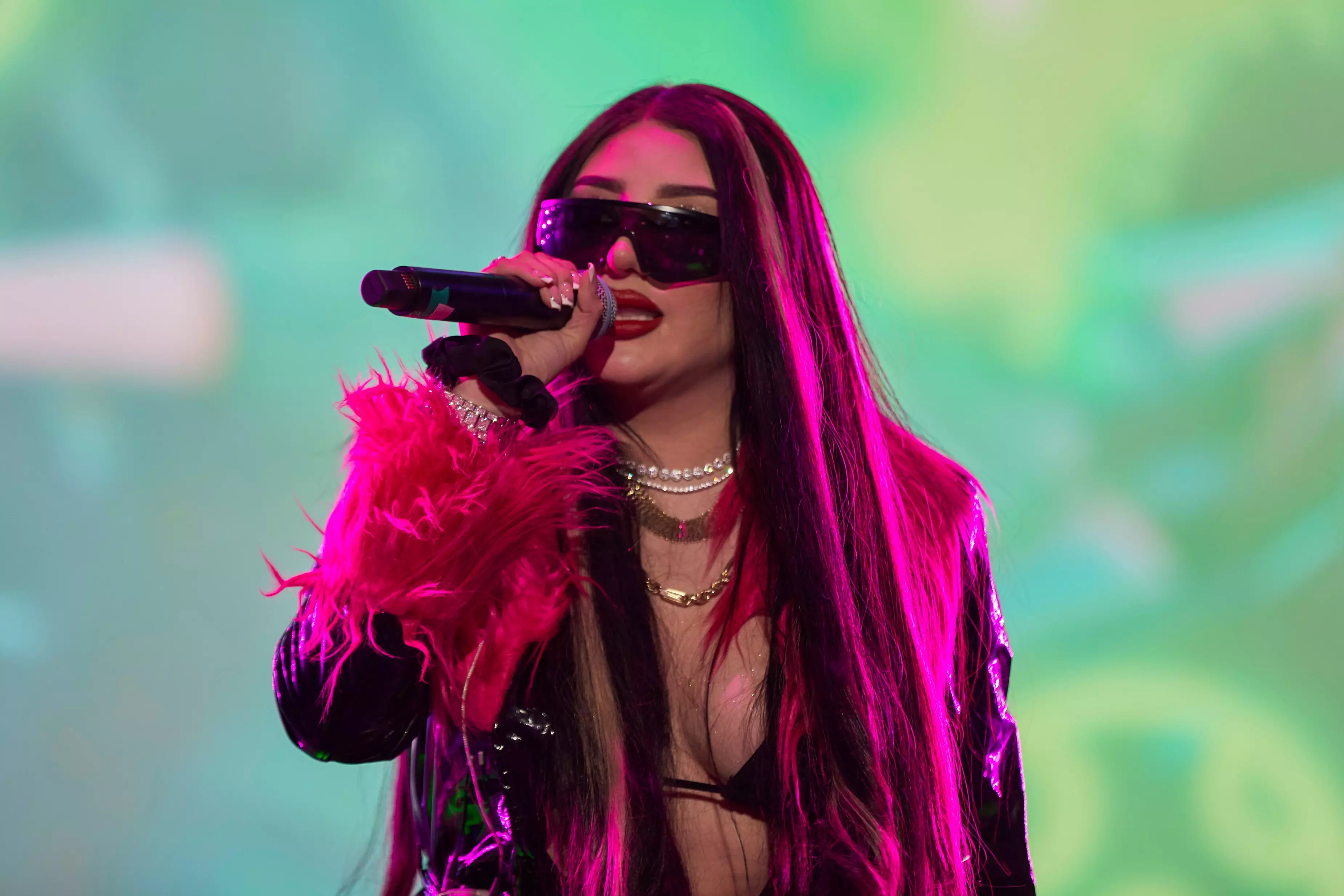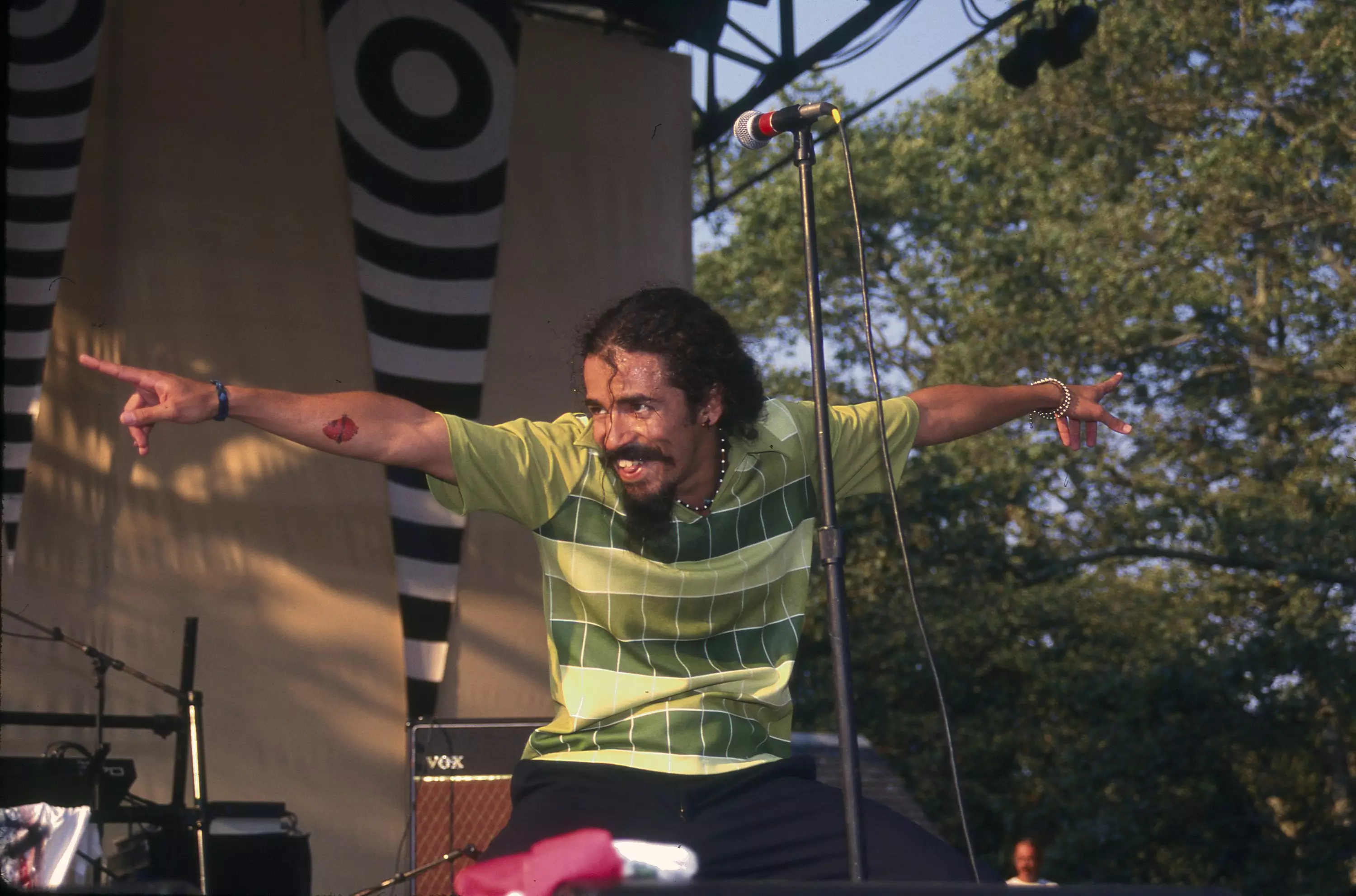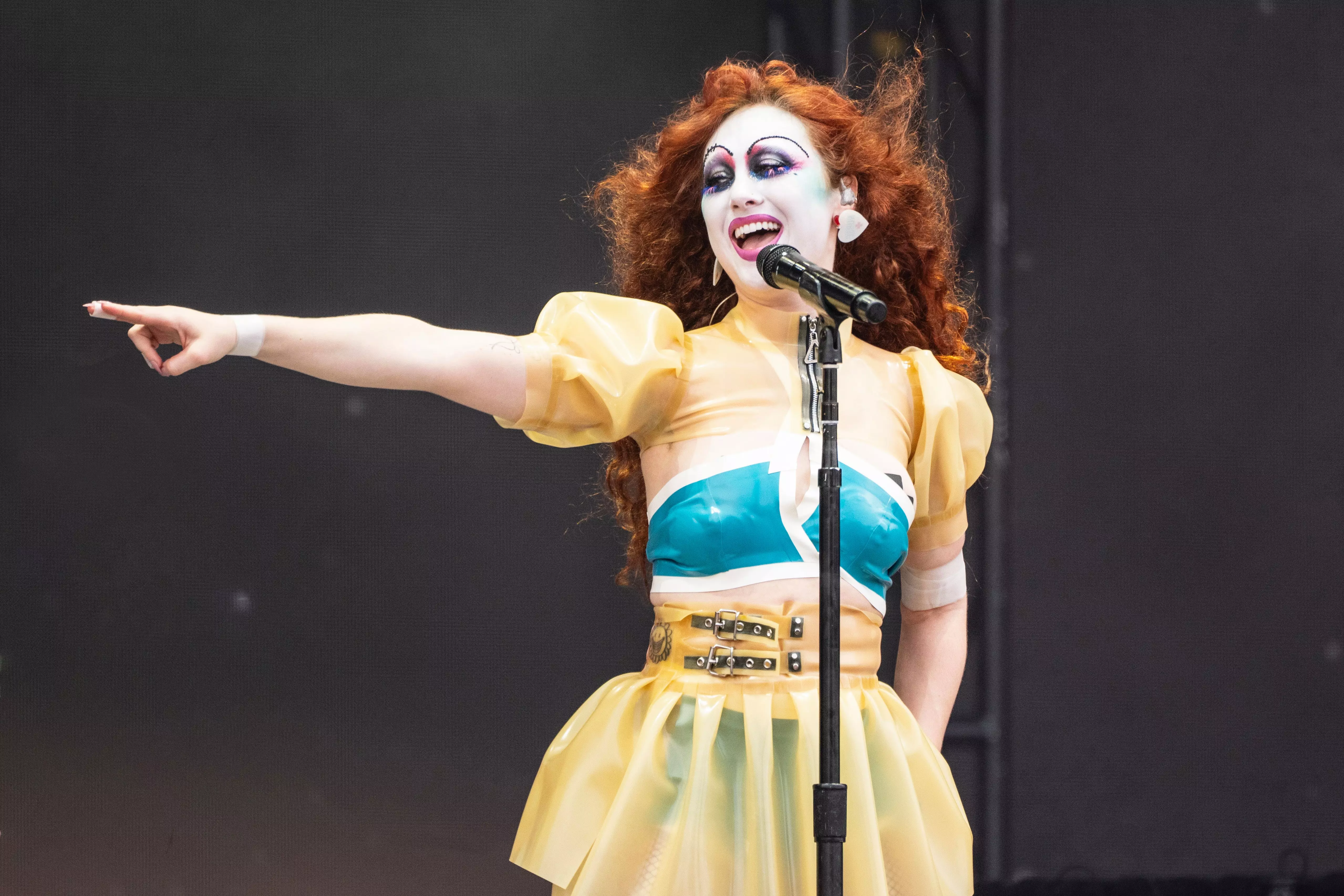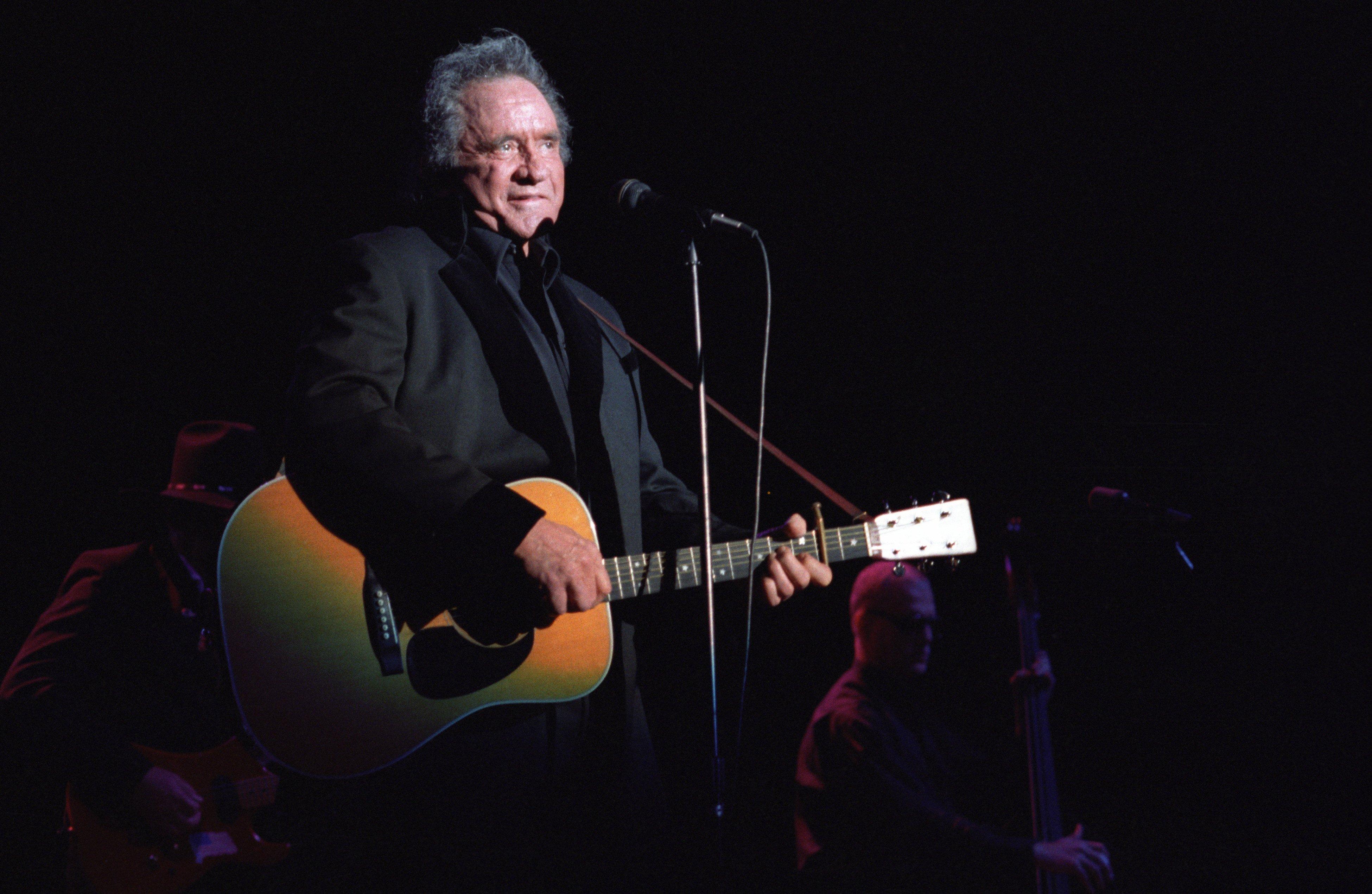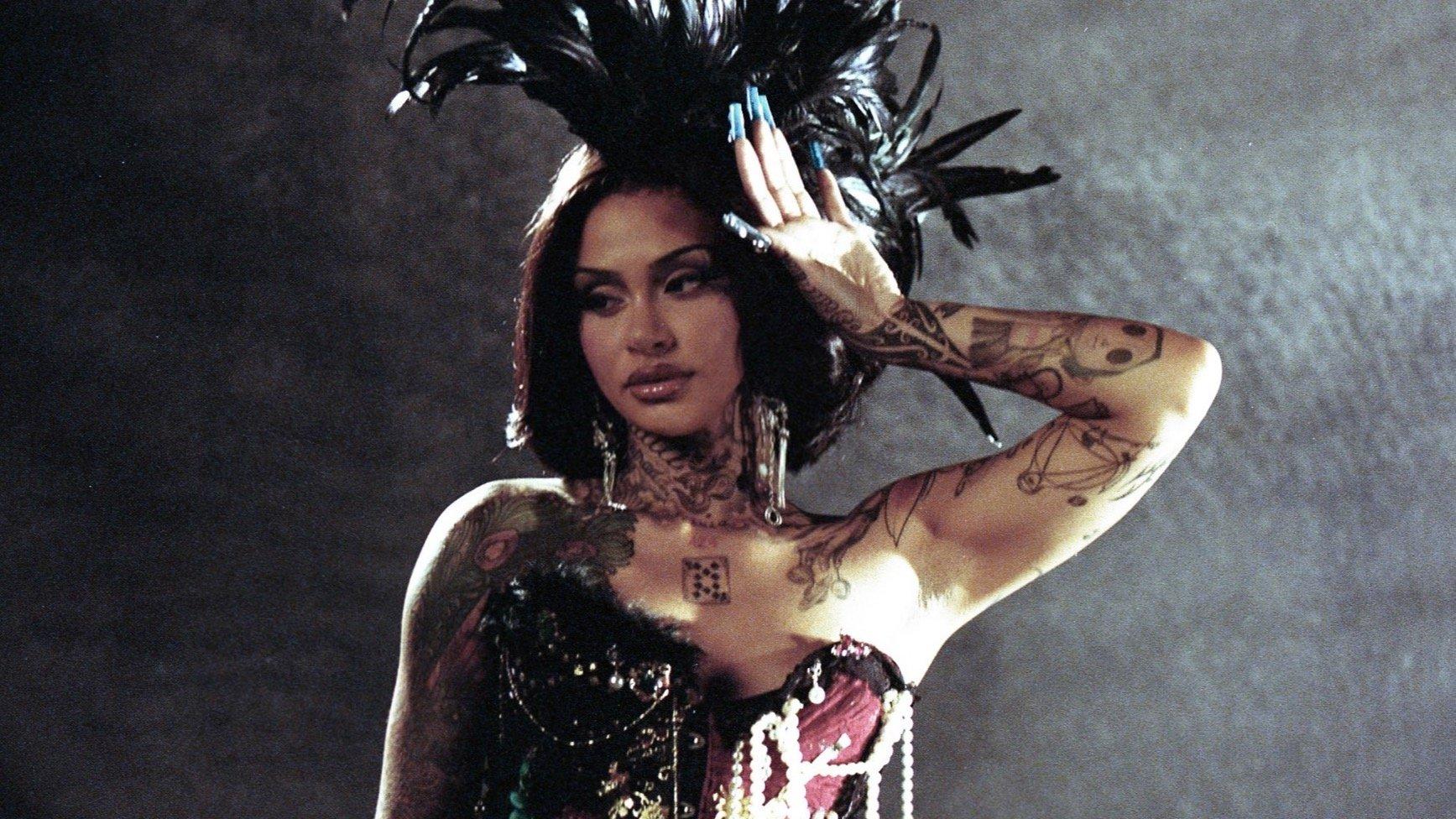The year's most romantic holiday seemed an appropriate opportunity to look at a select list of romantic duets honored by the GRAMMY Awards through the years. Covering country, pop, R&B, and even folk and hip-hop, duets have the kind of natural appeal that crosses genres and generations. Whether they combine stars of the highest magnitude or artists who simply make magic together they tend to have a lasting impact on the listener.
"That Old Black Magic," Louis Prima And Keely Smith
This fizzy recording was the signature song by the husband-and-wife team, whose high-energy nightclub act made them Las Vegas favorites. It won a GRAMMY for Best Performance By A Vocal Group Or Chorus in 1958, the first year of the awards. Prima and Smith performed the song in the 1958 movie Senior Prom. Harold Arlen and Johnny Mercer wrote the song for the 1943 movie Star Spangled Rhythm. It earned an Oscar nomination under the title "Black Magic." Big band leader Glenn Miller had the first big hit with the song. Sammy Davis Jr. revived it in 1955.
"If I Were A Carpenter," Johnny Cash And June Carter
The legendary husband-and-wife team had eight country hits, but this was the only one to cross over to the pop chart. This duet made the Top 40 in early 1970, when Cash had a weekly variety series on CBS. The couple brought a warm, informal tone to the Tim Hardin song, which Bobby Darin had popularized in 1966. The hit, which was featured on Cash's album Hello, I'm Johnny Cash, won a GRAMMY for Best Country Vocal Performance By A Duo Or Group in 1970. Cash and Carter had previously won for 1967's "Jackson."
"After The Fire Is Gone," Conway Twitty And Loretta Lynn
This was the first of 14 country hits that these country legends recorded together. The ballad won Best Country Vocal Performance By A Duo Or Group in 1971. It marked Lynn's first GRAMMY and the only one for Twitty. Another country legend, Owen Bradley, produced the traditional country track, which appeared on their album We Only Make Believe. More than 30 years later, Lynn won a GRAMMY for a collaboration with a very different type of artist, Jack White. Their song "Portland Oregon" won Best Country Collaboration With Vocals.
"Where Is The Love," Roberta Flack And Donny Hathaway
These two great singers have perfect chemistry on this bittersweet song about a couple whose romance is at the breaking point. The song, from their hit album Roberta Flack & Donny Hathaway, was one of six chart hits for the pair. Joel Dorn and Arif Mardin co-produced the single, which was voted Best Pop Vocal Performance By A Duo, Group Or Chorus in 1972. This and "The First Time Ever I Saw Your Face" brought Flack her first two GRAMMYs. This was Hathaway's only GRAMMY. He took his own life in 1979.
"That Lovin' You Feelin' Again," Roy Orbison And Emmylou Harris
This graceful ballad appeared in the movie Roadie, which starred Meat Loaf. It was voted Best Country Performance, Duo Or Group in 1980. (Surprisingly, it marked the first GRAMMY for Orbison.) Both singers went on to win GRAMMYs for subsequent collaborations. Orbison won for a pairing with k.d. lang on his classic "Crying" and for the all-star Traveling Wilburys project. Harris won twice for recordings with Dolly Parton and Linda Ronstadt.
"Guilty," Barbra Streisand And Barry Gibb
Streisand has recorded duets with such stars as Neil Diamond, Celine Dion and Donna Summer, but this was the only one to win a GRAMMY. This slinky recording won Best Pop Performance By A Duo Or Group With Vocal in 1980. Barry, Robin and Maurice Gibb co-wrote the song, which was featured on Streisand's smash album of the same name. It's closer to the Bee Gees' hit sound than to Streisand's usual ballad style, but she rose to the occasion, demonstrating her versatility. Gibb also co-produced the album, which spawned a second duet hit, "What Kind Of Fool."
"I Knew You Were Waiting (For Me)," Aretha Franklin And George Michael
The Queen of Soul and the prince of MTV teamed for this scorching duet, which was featured on Franklin's 1986 album Aretha. The smash won Best R&B Performance By A Duo Or Group With Vocal in 1987. It was the first GRAMMY for Michael, who won Album Of The Year the following year for Faith. The video includes stills of two earlier pairings, Marvin Gaye and Tammi Terrell, and Sonny and Cher — choices that reflect this record's multiformat appeal. The song's success helped its producer, Narada Michael Walden, win the 1987 GRAMMY for Producer Of The Year.
"(I've Had) The Time Of My Life," Bill Medley and Jennifer Warnes.
This vibrant recording helped make Dirty Dancing a hit movie, a smash soundtrack and an enduring phenomenon. The song won an Oscar as well as a GRAMMY for Best Pop Performance By A Duo Or Group With Vocal in 1987. Warnes had won in the same category five years earlier for "Up Where We Belong," a duet with Joe Cocker from An Officer And A Gentleman. Dirty Dancing was set in 1963, which is the same year that Medley first hit the chart as one-half of the Righteous Brothers. This is his only GRAMMY to date.
"I'm In The Mood," John Lee Hooker Featuring Bonnie Raitt
Hooker had a No. 1 R&B hit with this song in 1951. Nearly 40 years later, Raitt teamed with him to remake it for his all-star album The Healer. Their version was voted Best Traditional Blues Recording in 1989. It marked the first GRAMMY win for both artists. (Raitt won three other awards that year for her album Nick Of Time.) Both artists have since won GRAMMYs for collaborations with other artists. Raitt won for 1991's "Good Man, Good Woman," a pairing with Delbert McClinton. Hooker won for 1997's "Don't Look Back," a collaboration with Van Morrison.
"Makin' Whoopee," Dr. John With Rickie Lee Jones
This lighthearted duet appeared on Dr. John's album In A Sentimental Mood. The track won Best Jazz Vocal Performance, Duo Or Group in 1989. This was Dr. John's first GRAMMY. He and Jones capture the song's amorous and impish spirit. Their rendition gained wider exposure in 1993 when it was featured in the hit movie and soundtrack Sleepless In Seattle. Eddie Cantor introduced the song in the 1928 Broadway musical "Whoopee!" Ray Charles revived it in 1965.
"Don't Know Much," Linda Ronstadt Featuring Aaron Neville
Bill Medley and Bette Midler had both charted with this ballad, but it took this pairing to turn it into a smash. The track won for Best Pop Performance By A Duo Or Group With Vocal in 1989. It was Neville's first GRAMMY (along with another award that same year for the Neville Brothers). Ronstadt and Neville won again the following year for "All My Life." Both songs appeared on Ronstadt's album Cry Like A Rainstorm — Howl Like The Wind. "Don't Know Much" was co-produced by Peter Asher (that year's GRAMMY winner for Producer Of The Year) and Steve Tyrell.
"Unforgettable," Natalie Cole With Nat "King" Cole
This ultraromantic ballad garnered wins for Record Of The Year and Best Traditional Pop Performance in 1991. It was featured on Natalie's Unforgettable With Love, which was voted Album Of The Year. Nat's vocals were dubbed from a 1961 recording. (He had first recorded the song in 1951.) David Foster produced this velvety recording, which helped him win a GRAMMY for Producer Of The Year (Non-Classical). Natalie encored five years later with a recording of her father's 1957 classic '"When I Fall In Love," which also featured Nat's vocals. It won a GRAMMY for Best Pop Collaboration With Vocals.
"Beauty And The Beast," Celine Dion And Peabo Bryson
This elegant ballad, written by Howard Ashman and Alan Menken, won an Oscar as well as a GRAMMY for Best Song Written Specifically For A Motion Picture Or For Television. Angela Lansbury performed the song in the movie. This pop version played over the end credits. Both versions were featured on the soundtrack. The Dion/Bryson version was voted Best Pop Performance By A Duo Or Group With Vocal in 1992. It marked the first GRAMMY for both artists. Bryson won in the same category the following year with another movie theme duet, "A Whole New World (Aladdin's Theme)," which he sang with Regina Belle.
"I'll Be There For You/You're All I Need To Get By," Method Man Featuring Mary J. Blige
This influential recording blended hard-edged rap with old-school R&B. It won for Best Rap Performance By A Duo Or Group in 1995. The smash grew out of the track "All I Need," which appeared on Method Man's 1994 album Tical, his first apart from Wu-Tang Clan. Producer RZA created the hit remix. Marvin Gaye and Tammi Terrell introduced "You're All I Need To Get By" in 1968. Another blue-chip team, Nick Ashford and Valerie Simpson, wrote the song. This was the first GRAMMY for Blige, who has gone on to win for collaborations with Sting, Aretha Franklin and Chaka Khan.
"Dilemma," Nelly Featuring Kelly Rowland
This smash, which still sounds fresh, was voted Best Rap/Sung Collaboration in 2002. The song borrowed heavily from Patti LaBelle's 1984 R&B hit "Love, Need And Want You," so it was fitting that LaBelle had a cameo in the video as Rowland's mom. This marked the first GRAMMY for Nelly (along with an award that same year for "Hot In Herre," another track from his sophomore album, Nellyville). Rowland had previously won three GRAMMYs for her work with Destiny's Child. The two reunited in 2011 for "Gone."
"A Wonderful World," Tony Bennett And k.d. lang
This was the title track of an album-length collaboration that won Best Traditional Pop Vocal Album in 2003. Near the end of the song, Bennett tips his hat to Louis Armstrong, who introduced the song in 1967. Bennett and lang have a long history of collaborations. They teamed to sing "Moonglow" on his 1994 album MTV Unplugged; "Because Of You" on his first duets album, 2006's Duets: An American Classic; and "Blue Velvet" on his 2011 album Duets II. In addition, both singers have won GRAMMYs for duets with other partners. Lang won for a 1988 pairing with Roy Orbison; Bennett for a 2006 collaboration with Stevie Wonder.
"Crazy In Love," Beyoncé (Featuring Jay-Z)
Beyoncé's solo career got off to an explosive start with this smash, which won Best Rap/Sung Collaboration in 2003. It borrows the horn hook from the Chi-Lites' 1970 R&B hit "Are You My Woman? (Tell Me So)." "Crazy In Love" appeared on Beyoncé's first solo album, Dangerously In Love, which won Best Contemporary R&B Album. "Crazy In Love" was the second of four pairings by Beyoncé and Jay-Z to hit the chart. In 2008 they took their collaboration to the next level by getting married.
"My Boo," Usher And Alicia Keys
This tender duet won a GRAMMY for Best R&B Performance By A Duo Or Group With Vocals in 2004. It was added to a deluxe edition of Usher's blockbuster album Confessions, which was voted Best Contemporary R&B Album. Usher is featured on an edgy, rock-accented opening, but the song really comes alive when the two singers join forces. Keys' plaintive vocal enhances the song's emotional power. This valentine is just right for the hip-hop generation: it's warm and melodic but not at all gooey.
"Please Read The Letter," Robert Plant And Alison Krauss
This rootsy ballad won Record Of The Year in 2008. It was one of the highlights of Raising Sand, the unlikely pairing of rock idol Plant and country/bluegrass star Krauss. The album brought the pair a total of six GRAMMYs, including Album Of The Year and Best Contemporary Folk/Americana Album. T Bone Burnett's spare production adds to the song's impact. The song first appeared on the 1998 album Walking Into Clarksville, which Plant recorded with his former Led Zeppelin cohort Jimmy Page.
"Lucky," Jason Mraz And Colbie Caillat
Mraz and Caillat are known for mellow songs such as "I'm Yours" (his) and "Bubbly" (hers), and this duet couldn't be mellower. The serene ballad about being in love with your best friend won Best Pop Collaboration With Vocals in 2009. (Remarkably, Caillat had a second teaming in the running, "Breathe," which she recorded with Taylor Swift.) The song appeared on Mraz's album We Sing. We Dance. We Steal Things. Mraz and Mexican singer Ximena Sariñana later recorded a Spanish-language version of the song.
(Paul Grein, a veteran music journalist based in Los Angeles, writes the weekly Chart Watch column for Yahoo.com.)


